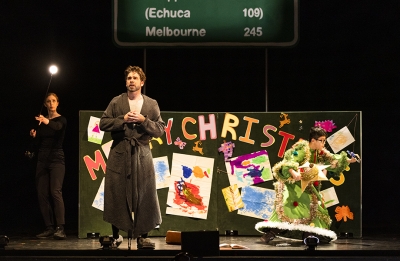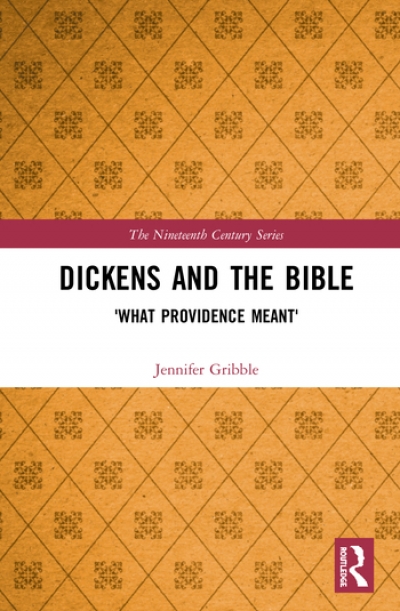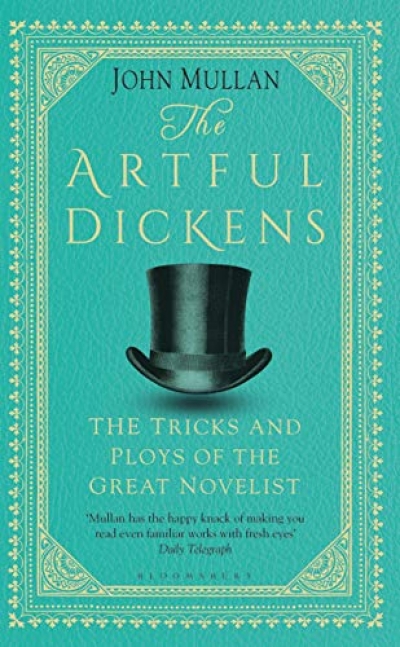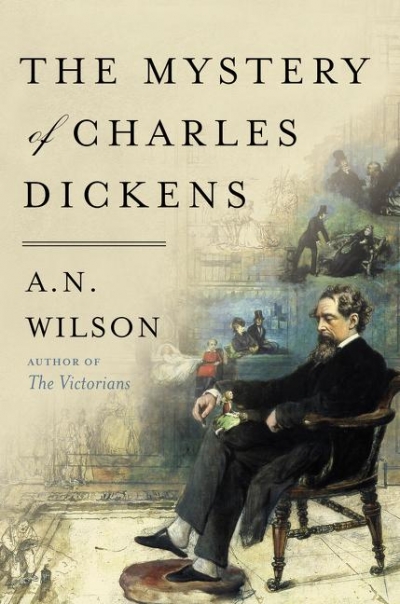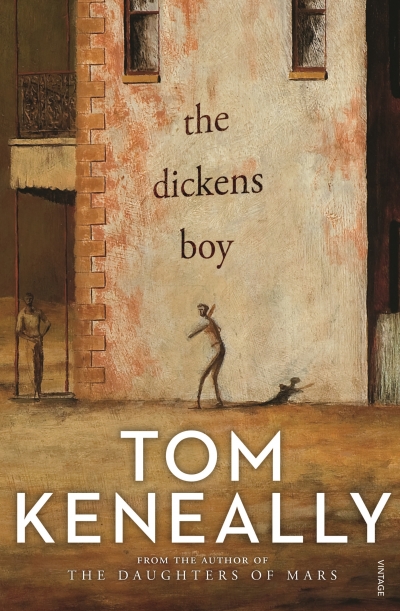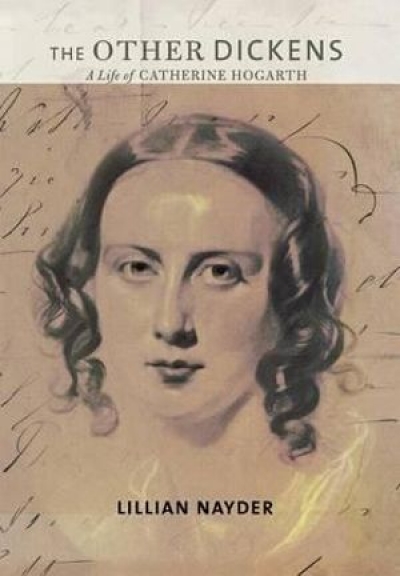Charles Dickens
Dickens and the Bible: ‘What providence meant’ by Jennifer Gribble
It is well known that Charles Dickens draws an analogy between the novelist as creator and the Creator of the cosmos: ‘I think the business of art is to lay all [the] ground carefully, but with the care that conceals itself – to show, by a backward light, what everything has been working to – but only to suggest, until the fulfilment comes. These are the ways of Providence, of which ways, all art is but a little imitation.’ However, it is not generally recognised that Dickens supported this analogy with a deep knowledge of the Bible. Instead, the thinking that permeates his works is often seen as a facet of secular humanism. John Ruskin, for example, commented that for Dickens Christmas meant no more than ‘mistletoe and pudding – neither resurrection from the dead, nor rising of new stars, nor teaching of wise men, nor shepherds’.
... (read more)The Artful Dickens: The tricks and ploys of the great novelist by John Mullan
‘What is so good about Dickens’s novels?’ It is a question ‘oddly evaded by many who have written about him’, in John Mullan’s reckoning. ‘Gosh he is good – though so careless,’ Iris Murdoch wrote to Brigid Brophy in 1962. Many writers before and since have found Dickens not only improvisatory and self-indulgently digressive but also sentimental, melodramatic, and sermonising – a great entertainer rather than a good writer. Mullan undertakes to demonstrate that what appears to be carelessness is as often as not ‘technical boldness and experimental verve’. Composing ‘on the wings of inspiration’, in response to the exigencies of serial publication, Dickens essentially revised as he wrote. Yet, consulting the manuscripts of the novels, Mullan notes how meticulously he adjusted his diction and phrasing. Like Oliver Twist’s companion in crime, the Artful Dodger, who comes alive through his sleights of hand and language, the Artful Dickens is a magician in prose and a talented conjurer: ‘his feats of legerdemain might equally apply to his writing’.
... (read more)This is a remarkable book – not so much for its subject matter as for the intensity of the passionate involvement of one writer with another. From the beginning, it is clear that this is not a conventional biography or book of criticism. A.N. Wilson approaches Charles Dickens through seven different mysteries about his life. The principal one, which underlies the whole book, is the mystery of what makes Dickens such an utterly compelling writer.
... (read more)‘When a writer is born into a family, the family is finished.’ That gunshot of a quotation comes from the Polish poet Czesław Miłosz. I suspect he means writers are traitors to biology – they have higher allegiances than blood ties. Art is their true spouse; their works are the favoured first-born.
... (read more)Orson Welles once described himself as a ‘king’ actor. Ralph Fiennes seems born to play dukes: nearly all his screen characters, even the crooks and madmen, share an imperious quality that goes with a kind of stony reticence. It felt natural that he should make his film directorial début with an adaptation of Coriolanus (2011), one of Shakespeare’s most misanthropic tragedies, in which he played the lead role of a Roman general with a frank contempt for the mob.
... (read more)Film-wise, 2013 has been the year of adapting dangerously. Dangerously, that is, in the sense of daring to affront devoted readers of the original novels or plays, valuing enterprise over fidelity. Now, just after admirable versions of Much Ado about Nothing and What Maisie Knew have finished their runs, we have director–screenwriter Andrew Ada ...
What is it about Great Expectations (1861) that makes it seem indispensable? Can it be its hero, Pip’s, search for a liveable identity? The small, terrified, often bullied child gets a glimpse of ‘the quality’ albeit in desuetude, becomes dissatisfied with being a blacksmith, receives the eponymous expectations, and tries to become a gentleman before settling for a more modest role and coming to a truer sense of what matters about human beings. Is it also a question of marvelling at how lives can be manipulated? When the child Pip, out of terror rather than altruism, helps a runaway convict on the Kentish marshes, his life is upheaved by Magwitch’s gratitude. The child Estella, whose origin is unknown until late in the book, is raised by the embittered, jilted Miss Havisham to wreak revenge on the male sex. Structurally and thematically, this may be Dickens’s most potent work, with everything seeming to bear on these central concerns.
... (read more)Charles Dickens by Claire Tomalin & Becoming Dickens by Robert Douglas-Fairhurst
This is how Claire Tomalin closes her Dickens biography: ‘He left a trail like a meteor, and everyone finds their own version of Charles Dickens’, followed by a long list of types. I consider Dickens the surrealist, or the sentimentalist, but then I pick Dickens the tireless walker. And I concede, with Tomalin, that regarding his life and work, ‘a great many questions hang in the air, unanswered and mostly unanswerable’.
... (read more)The Other Dickens: A Life of Catherine Hogarth by Lillian Nayder
In September 1857, after twenty-one years of marriage, Charles Dickens began the eight-month long process of separating himself from his wife, Catherine. At forty-two years of age, Catherine had given birth to ten children and managed Dickens’s large household. Until the mid 1850s she and Dickens seemed to enjoy a happy partnership, yet by 1858 Catherine was exiled from the family home and cut off from all but one of her children.
... (read more)

